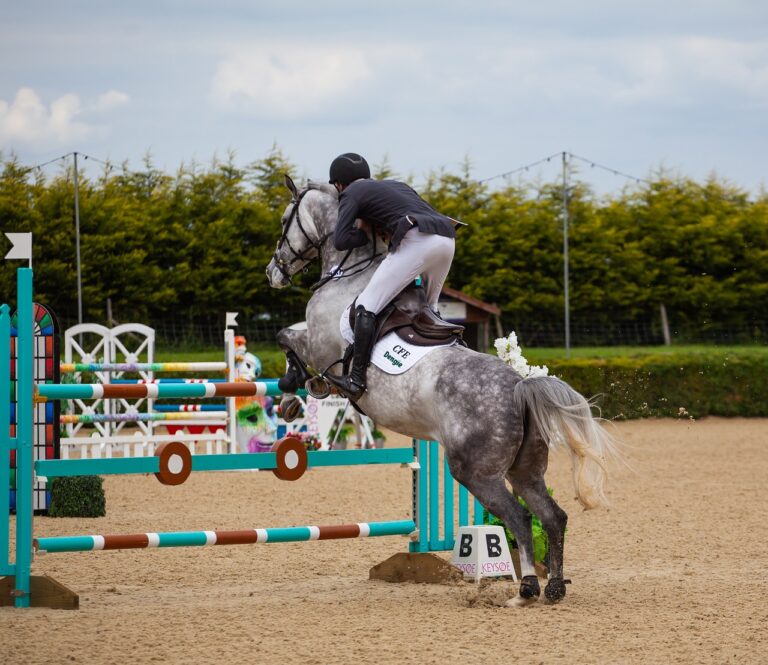Understanding the Impact of Cognitive Strategies on IPL Performance Evaluation: Tigerexchange247, Golden 77, Sky99exch
tigerexchange247, golden 77, sky99exch: Understanding the Impact of Cognitive Strategies on IPL Performance Evaluation
Cricket is a game of skill, strategy, and mental toughness. In the Indian Premier League (IPL), players are not only tested on their physical abilities but also on their cognitive strategies. The way players approach the game mentally can have a significant impact on their performance on the field.
Cognitive strategies refer to the mental processes that players use to analyze situations, make decisions, and execute actions on the field. These strategies can include everything from problem-solving skills to decision-making abilities to concentration techniques. By understanding the impact of cognitive strategies on IPL performance evaluation, players can improve their game and achieve greater success on the field.
1. Decision-making under pressure
One of the key cognitive strategies that affect IPL performance is decision-making under pressure. In high-pressure situations, such as a close game or a crucial moment in the match, players must make split-second decisions that can have a significant impact on the outcome of the game. Players who can stay calm, focused, and make the right decisions under pressure are more likely to succeed in the IPL.
2. Problem-solving skills
Another important cognitive strategy in IPL performance evaluation is problem-solving skills. Cricket is a game of strategy, and players must constantly assess the situation on the field, anticipate the opponent’s moves, and come up with creative solutions to overcome challenges. Players with strong problem-solving skills are able to adapt to changing circumstances and find ways to outsmart their opponents.
3. Concentration and focus
Concentration and focus are essential cognitive strategies for IPL players. In a fast-paced game like cricket, players must be able to maintain their focus and concentration for long periods of time. By staying focused on the game, players can react quickly to changing situations, make accurate decisions, and execute their skills with precision.
4. Visualizing success
Visualization is another important cognitive strategy that can impact IPL performance evaluation. By visualizing success, players can mentally prepare themselves for the game, build confidence, and improve their performance on the field. Visualization techniques can help players stay positive, motivated, and focused on their goals, even in challenging situations.
5. Emotional regulation
Emotional regulation is a crucial cognitive strategy for IPL players. Cricket is an emotional game, and players must be able to control their emotions, stay calm under pressure, and bounce back from setbacks. Players who can regulate their emotions effectively are better equipped to handle the ups and downs of the game and perform at their best when it matters most.
6. Team communication and collaboration
Finally, team communication and collaboration are essential cognitive strategies for IPL players. Cricket is a team sport, and players must be able to communicate effectively with their teammates, collaborate on strategies, and work together towards a common goal. Players who can communicate clearly, support their teammates, and build strong team dynamics are more likely to succeed in the IPL.
FAQs
Q: How can players improve their cognitive strategies for IPL performance?
A: Players can improve their cognitive strategies by practicing mindfulness, visualization techniques, and problem-solving exercises. Working with a sports psychologist can also help players develop their cognitive skills and enhance their performance on the field.
Q: How can cognitive strategies impact a team’s overall performance in the IPL?
A: Cognitive strategies can have a significant impact on a team’s overall performance in the IPL. Teams with players who have strong cognitive skills, such as decision-making under pressure, problem-solving abilities, and effective communication, are more likely to succeed in the tournament.
Q: Can cognitive strategies be taught and learned?
A: Yes, cognitive strategies can be taught and learned through practice, training, and working with sports psychologists. By developing their cognitive skills, players can improve their performance on the field and achieve greater success in the IPL.







